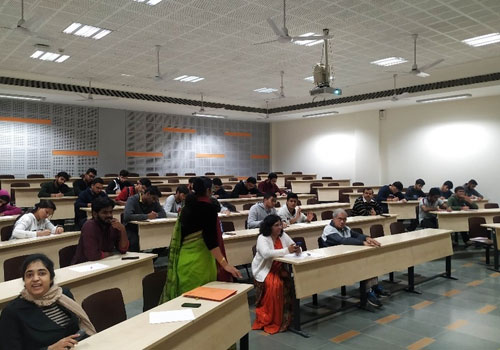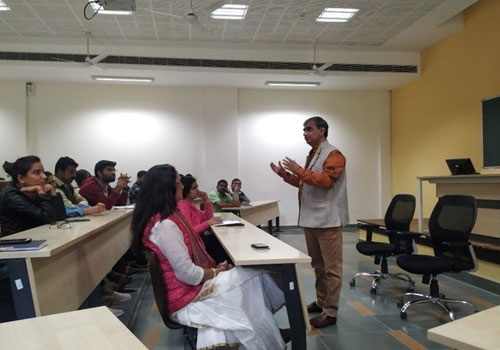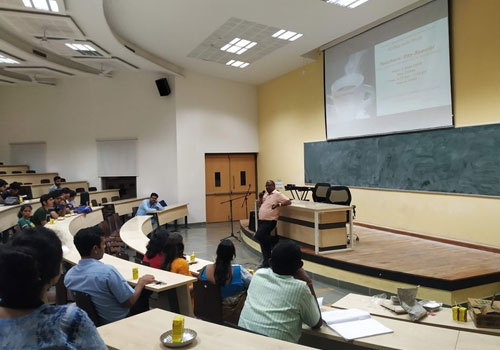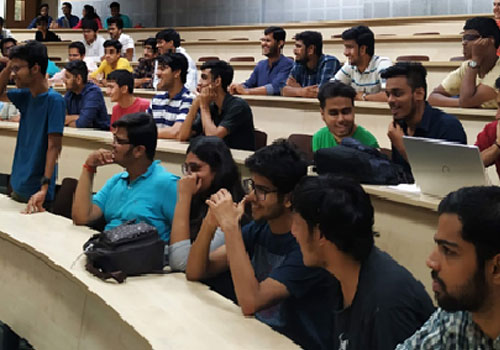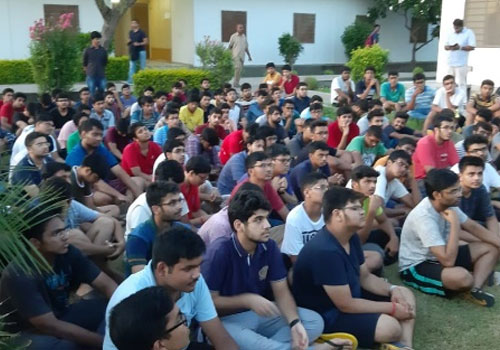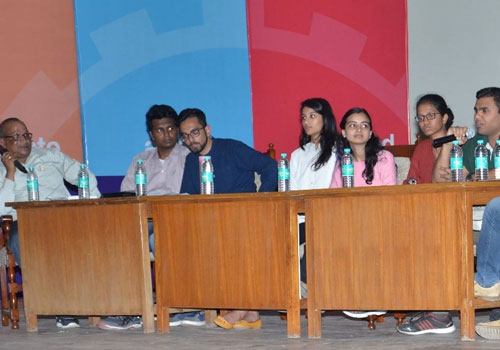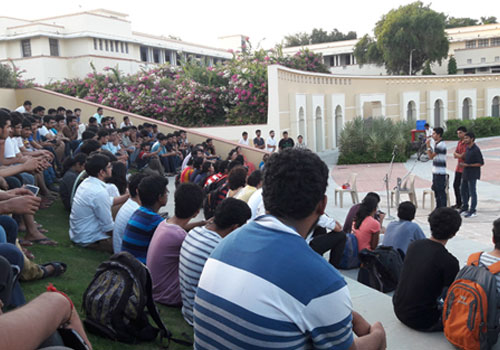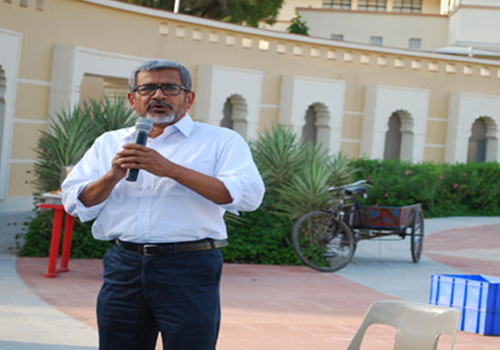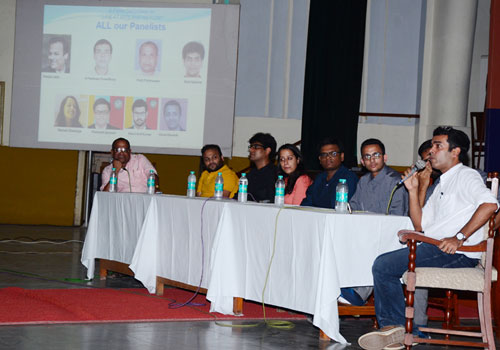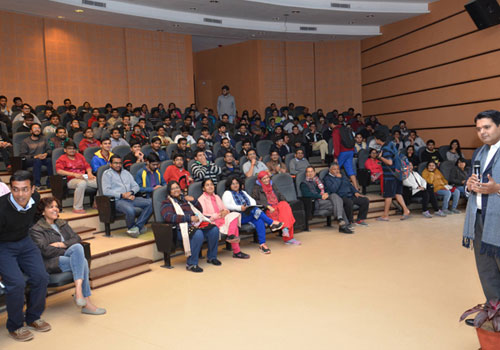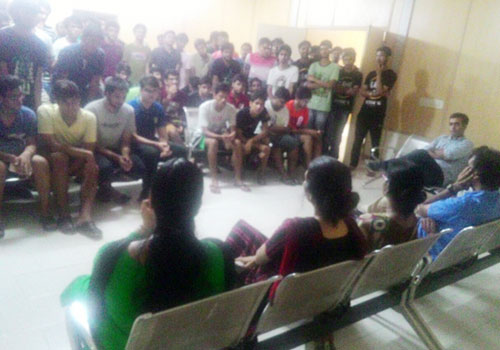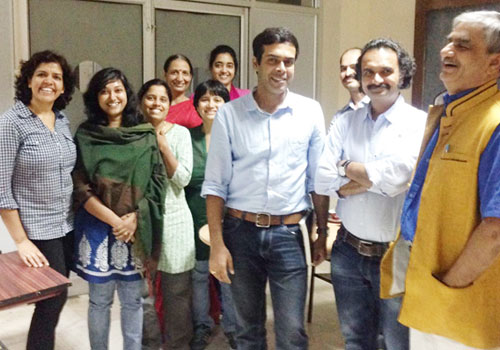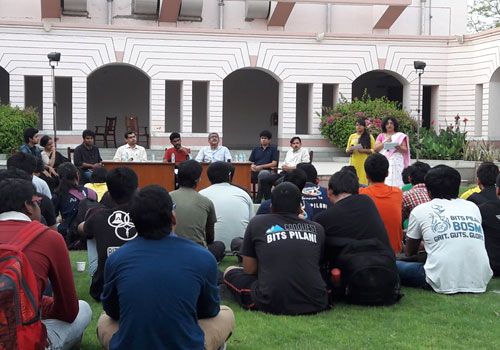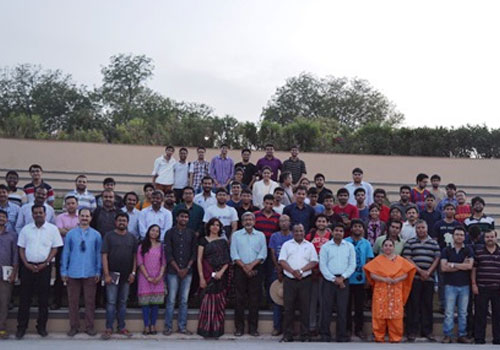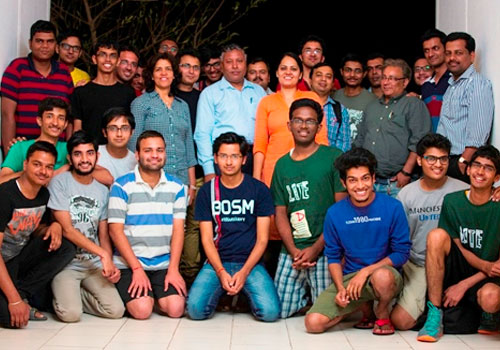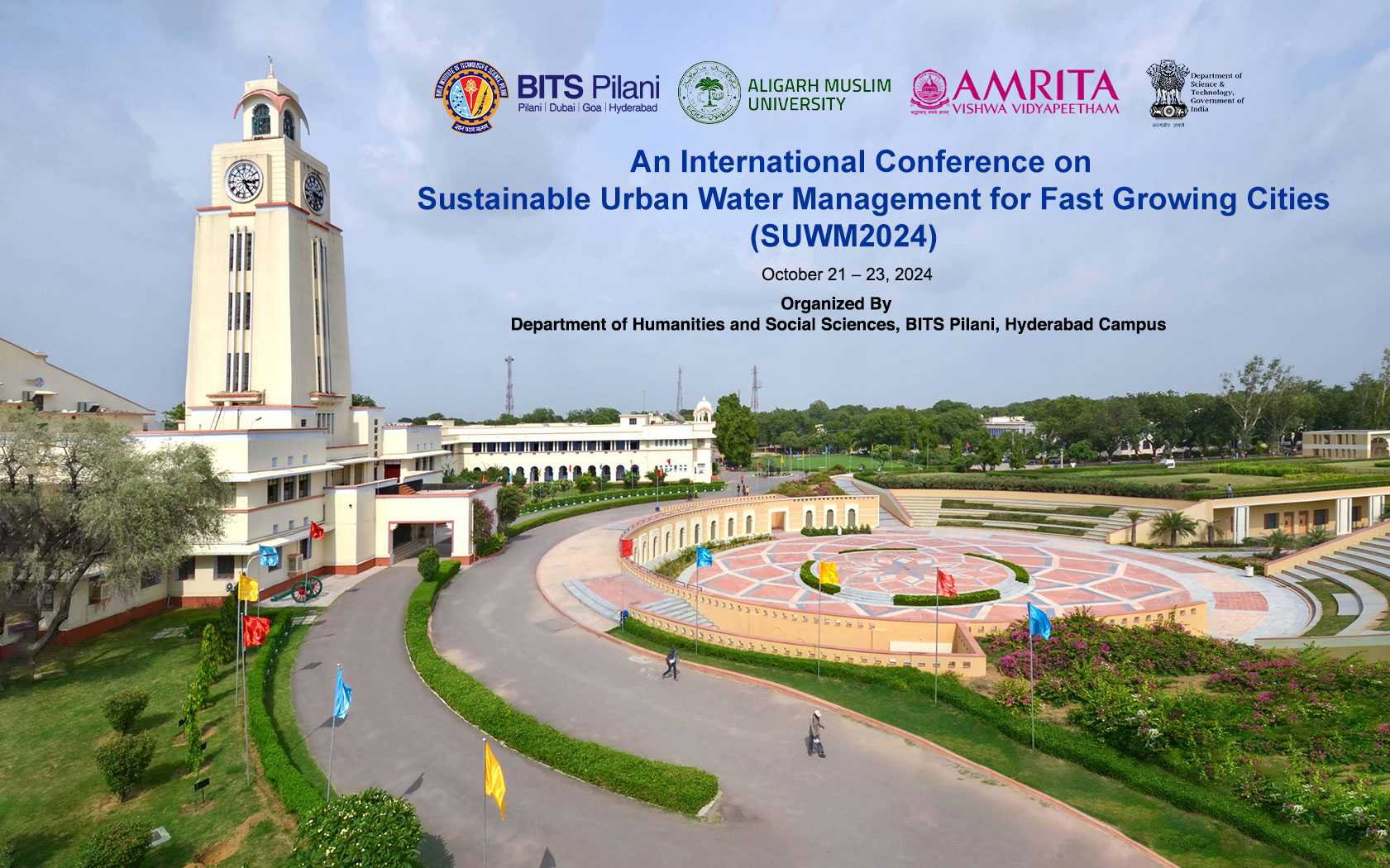Academic Counselling Cell
Academic-Graduate Studies and Research Division
The overall operation of Higher Degree and PhD program is handled by Academic – Graduate Studies and Research (AGSR) Division. The major responsibility of the AGSR Division is to plan, execute and analyse schemes to enhance the quality of the Higher Degree and PhD programs offered at BITS Pilani.
PhD programme
Full-time PhD program
Part-time PhD program
Part-time PhD program
Higher Degree Programme
Programmes
Higher Degree Programmes Offered at Hyderabad Campus
M.E.:
Biotechnology
Chemical Engineering
Civil with specialization in Structural Engineering
Civil with specialization in Transportation Engineering
Communication Engineering
Computer Science
Design Engineering
Mechanical
Manufacturing Systems Engineering
Microelectronics
Embedded Systems
Sanitation Science, Technology and Management
M.Pharm:
M.Pharm. with specialization in Pharmaceutics
All these programmes have the same educational process, syllabus, evaluation method and academic
flexibilities like transfer, dual degree etc. as followed at BITS, Pilani Pilani Campus.
Admissions
To all the higher degree programs, admissions will be made, on the basis of merit, as per the modalities explained below:
- Admissions based on GATE (for M. E.) / GPAT (for M. Pharm.) score and
- Admissions based on the marks obtained in the online HD test conducted by BITS and/or written test, group discussions and interviews conducted by BITS at its campuses/any other places.
Further details are available at the BITS website,http://www.bitsadmission.com.
Teaching Assistantship / Scholarship
Students admitted based on GATE/GPAT Score
The students admitted to a Higher Degree program based on their GATE/GPAT score would be eligible to receive a scholarship of Rs. 12400/- per month from UGC. The application for GATE/GPAT scholarship will be submitted to UGC/MHRD by the Institute.
Apart from the UGC scholarship, the students admitted based on GATE/GPAT score would receive a fee waiver from the Institute up to an amount of Rs. 60500/- per semester.
The scholarship is provided in lieu of 6-8 hours of teaching assistantship work per week.
Students admitted based on HD Test or Interviews
The students admitted to a HD program based on their score in HD Test or Interviews conducted by BITS Pilani will receive a Stipend of Rs. 13400/- per month for 6-8 hours of Teaching Assistantship work per week.
Other Scholarships
The Institute encourages eligible students to apply for scholarships from external agencies such as Tata Trusts Medical and Health Care Scholarships by providing all the required support to submit applications.
Evaluation
All courses are conducted and evaluated in a continuous & internal manner by the faculty who teach these courses. The student registers for a certain number of courses each semester; the year being divided into two semesters, and a summer term, whenever offered. A faculty member, as registration advisor, helps a student to draw up his programme, suitable to his pace and needs, which is made possible by the course wise time-table of the Institute. Every student gets, incidentally, a training in decision making through (i) choice of load, i.e. number of courses per semester to suit his/her pace, (ii) selection of his/her own time-table to suit his/her convenience, and (iii) picking up courses as electives to meet his/her own aspirations. It is the responsibility of the student to attend classes regularly and to maintain a required level of scholastic standing.
The performance of a student in each course is assessed by the teacher by means of continuous evaluation throughout the semester in classwork, periodical quizzes (sometimes unannounced), tests (both open and closed book), tutorials, laboratory work, homework, seminars, group discussions, project, etc., and a comprehensive examination at the end of the semester. The student is thereby given a large number of opportunities to carryout various academic assignments and be evaluated. Besides encouraging and rewarding continuous and systematic study, the system provides a constant feedback to the student as to where he/she stands, thus enabling him/her to cultivate regular habits of studying and preparing himself/herself for the future.
The system discards the conventional emphasis on a single final examination and numerical marks as the only absolute indication of the quality of student's performance. Thus, at the end of the semester the teacher of the course awards letter grades A, A-, B, B-, C, C-, D, E to the student based on the total performance of the student and it is relative to the performance of others taking the same course. These letter grades stand for quality of performance: A (Excellent), A- (Very Good), B (Good), B- (Above Average), C (Average), C- (Below Average), D (Poor) and E (Exposed). Further, these letter grades have points associated with them in a quantified hierarchy: a maximum of 10 (for an A) to a minimum of 2 (for an E). There are also courses in which the teacher awards non-letter grades which have only a qualitative hierarchy. The teacher may also pronounce the performance of a student in a course in terms of certain reports which should not be misconstrued as grades.
A student is deemed to have cleared a course if he/she obtains a grade in the course. However, the educational philosophy of the Institute interlinks and at the same time distinguishes between the performance of a student in a single course and his/her overall cumulative performance. The overall performance of a student is indicated by an index known as the “Cumulative Grade Point Average (CGPA)”. It is the weighted average of the grade points of all the letter grades received by the student since his/her entry into the Institute and is expressed on a 10-point scale.
The minimum academic requirements regarding the performance and progress for the Higher Degrees are:
1.A CGPA of at least 5.5 at the end of every semester
2.No E grade in the higher degree programmes.
3. The pace of progress of a student should be such that at any stage of reckoning he/she should not have spent more than 50% extra time than what is prescribed for him/her upto that stage in his/her programme.
Graduated Students and Placement Statistics
|
Academic Year |
No. of Students
Graduated
|
% Placed |
Average Salary per annum
|
Maximum Salary per annum
|
|
AY 2020-21 |
266 |
78 |
13,51,850 |
43,31,133 |
|
AY 2019-20 |
224 |
69 |
11,43,082 |
43,31,133 |
|
AY 2018-19 |
146 |
90 |
9,58,794 |
28,75,000 |
|
AY 2017-18 |
70 |
89 |
9,00,588 |
28,50,000 |
|
AY 2016-17 |
73 |
88 |
9,75,000 |
28,50,000 |
For the List of Recruiters please visit: https://www.bits-pilani.ac.in/Hyderabad/placementsOverview
FAQs
These years are golden years
Every student requires some help at some point of time. You can find many of your questions answered by the Student and the Faculty Mentors available just for you. In case you have some personal/career related issues you can also approach the Professional counselor available too. Students come for help for various reasons.
Sometimes it is related to day to day issues. Other times it is family or relationship issues. Remember, it’s OK to ask for help. Think this as a guidance rather than help. In case you wish to share with us, please drop an email to ACC at acc@pilani.bits-pilani.ac.in and we will connect with you. We shall be more than pleased to be of some help to you.
Quote Of The Day
Gallery
Learning Tips by faculty
In an effort to disseminate few information in the form of short video clips, ACC has reached out to few faculty members to contribute a short video addressing the following aspects.
- What is the right strategy to study a subject?
- How to maximize the impact of lecture classes on learning cum exam preparation?
- How to cultivate the habit of distributed learning?
In the upcoming weeks, we intend to populate few more videos. We are confident that students will make use of this opportunity to excel in academics.
Latest Events
Workshop on Mathematics for Machine Learning
29 May 2025
Contact Us
Prof. Vamsi Krishna Venuganti
Associate Dean
Academic-Graduate Studies and Research Division
Birla Institute of Technology & Science, Pilani Hyderabad Campus Jawahar Nagar, Kapra Mandal
Medchal District - 500 078
Telangana, India
040-66303836






















